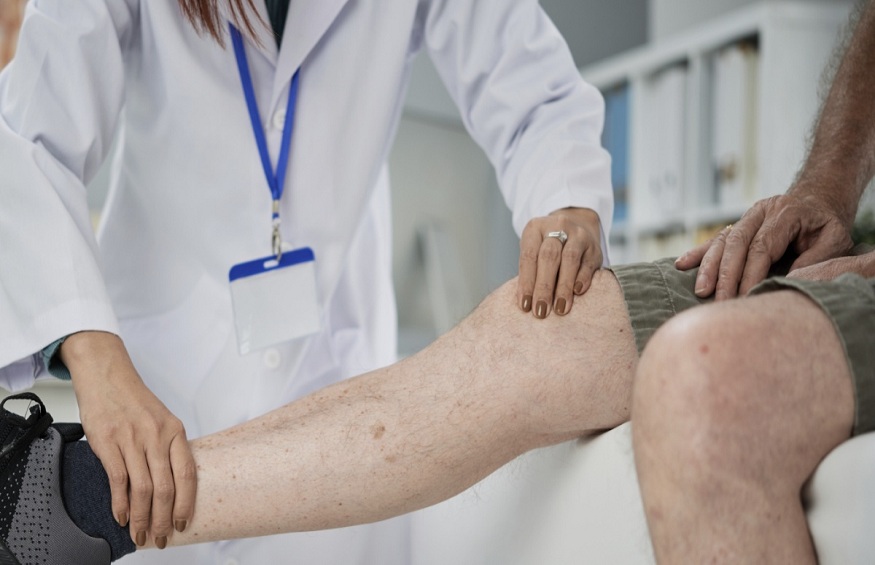When discussing the circulatory system, you cannot omit arteries. These blood vessels usually carry oxygen-rich blood from the heart to the rest of the body. This way, you get the proper nourishment that keeps you alive. However, plaque build-up in these blood vessels can undermine how they work. Consequently, you will experience leg pain and numbness, especially when clogging occurs in the arteries that supply blood to the legs. The good news is that you can lower the chances of peripheral artery disease (PAD).
Here are the strategies that Dr. Jonathan Ellichman Memphis recommends to prevent this condition.
Say No to Smoking
Smoking is a major peripheral artery disease risk factor. Notably, the cigarette chemicals constrict the blood vessels leading to the build-up of the atherosclerotic plaque. Therefore, if you are a smoker, you should stop this habit before it is too late.
Seek professional rehabilitation services if you experience difficulties kicking the habit alone. For nonsmokers, avoiding second-hand smoke will help in maintaining artery health. Steering away from cigarette smoking will also come with other health benefits.
Manage Stress Levels
In life, individuals encounter different stressful circumstances. The high-stress levels can negatively impact artery health. Notably, when stressed, your body produces stress hormones like cortisol.
Over time, these hormones interrupt the arteries’ diameter causing the accumulation of deposits in the arteries. While stress is unavoidable, certain measures can help ease the stress symptoms. Spend some time meditating, and you will notice an improvement in the stress symptoms.
Maintain the Healthy Weight
Individuals who are overweight are more vulnerable to PAD. Essentially, the extra body weight increases inflammation which triggers the atherosclerotic plaque. In addition, excessive body fat can pressure the leg muscles, heightening the chances of the arteries damage.
Therefore, you should work with your healthcare provider to know your body mass index (BMI). You should cut off the extra pound if your BMI is twenty-five or more. Replacing unhealthy meals with nutritious ones like fruits will help you achieve a healthy weight.
Monitor the Blood Sugar Levels
When maintaining artery health, you should monitor the bloodstream’s glucose levels. Notably, high blood sugar causes the arteries abnormalities, which triggers atherosclerosis. Additionally, diabetes can lead to high cholesterol levels, another risk factor for PAD.
After developing PAD, diabetes can intensify artery abnormalities leading to other complications like a heart attack. Since you may not notice that you have diabetes, it is always good to seek regular checkups. This way, the healthcare provider can detect this condition early, facilitating timely treatment.
Exercise Regularly
You cannot stress enough the importance of physical activities when maintaining artery health. Physical exercises help to boost blood circulation. This way, the blood unclogs the plaque, thus reducing the chances of PAD.
Spare at least half an hour daily for activities like walking and biking. Always start your exercises with the warm-up to avoid straining your muscles. Involve your friends or relatives for motivation when exercising.
Peripheral artery disease is one of the prevalent circulatory conditions. This condition occurs when there is a plaque build-up in the arteries. In most cases, it affects the arteries that supply blood to the legs. The onset of PAD leads to leg discomfort, which can hinder victims’ mobility. Fortunately, the above strategies can help you prevent this condition. For instance, you should quit smoking if you are a smoker. Regular physical activities will also help you keep your arteries healthy.



